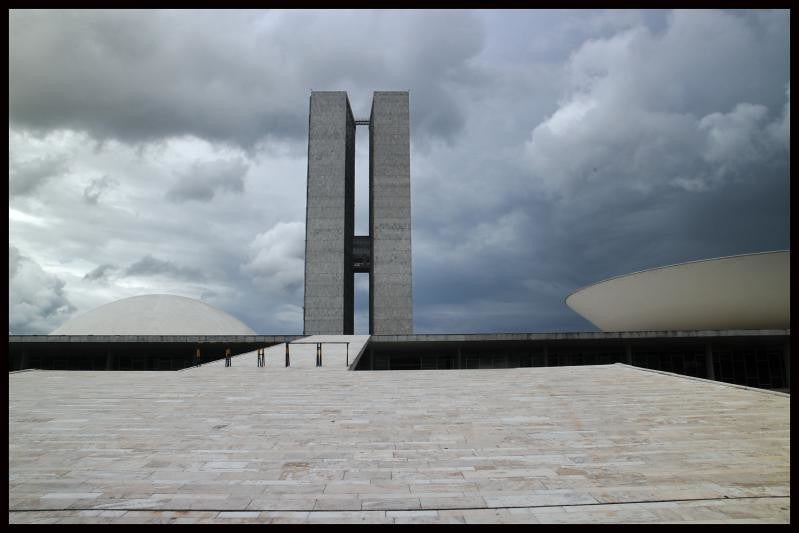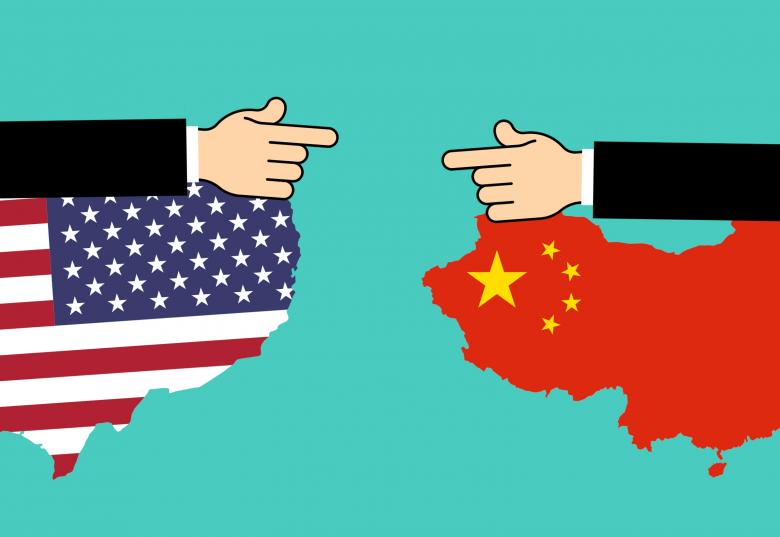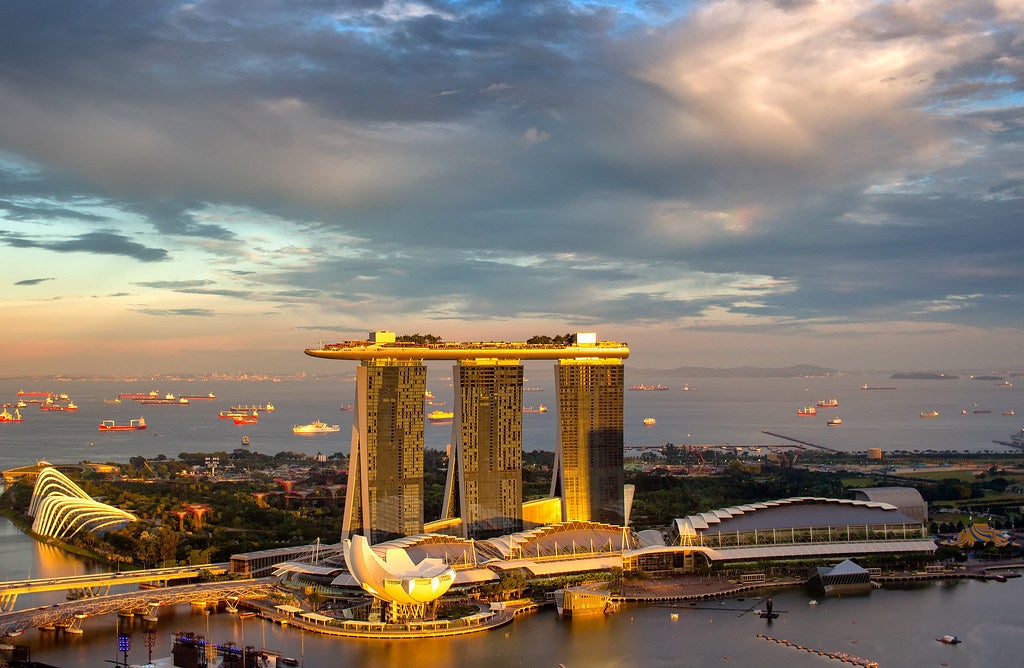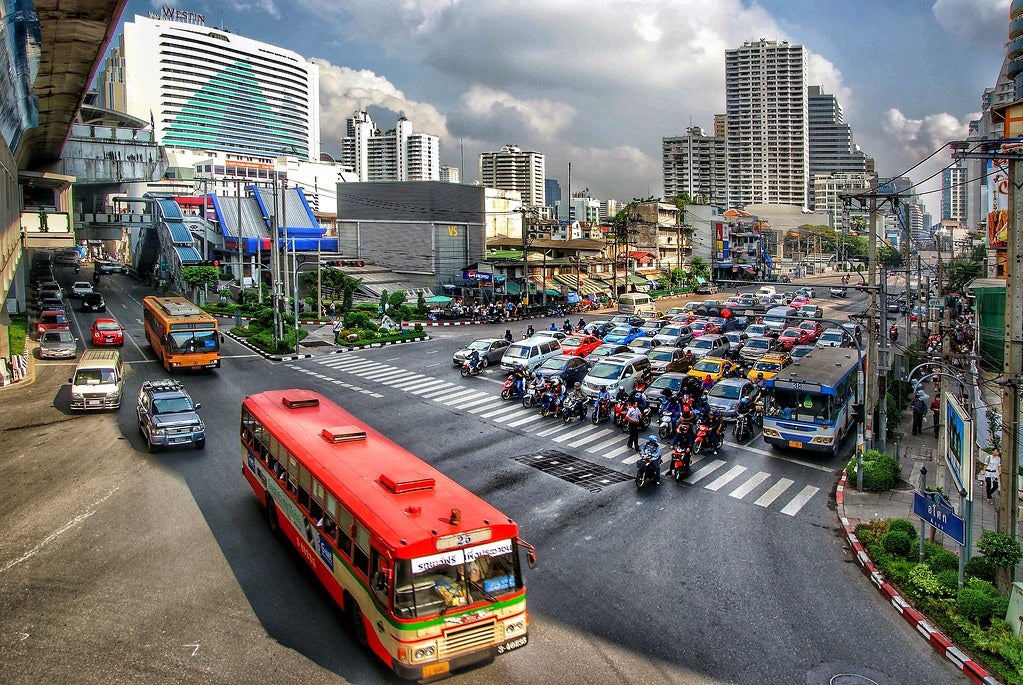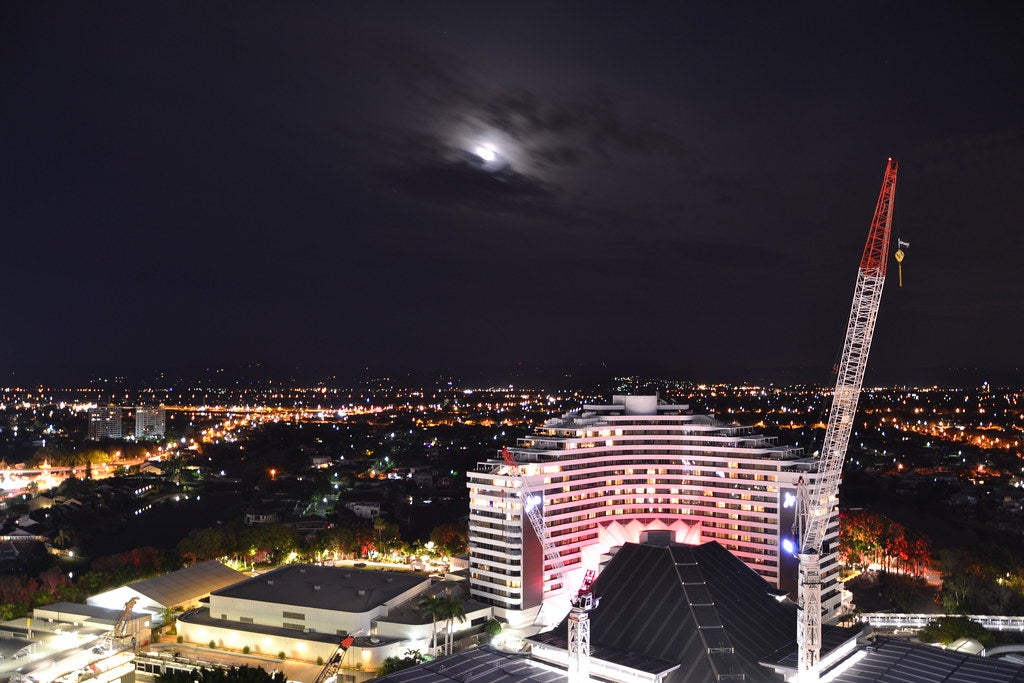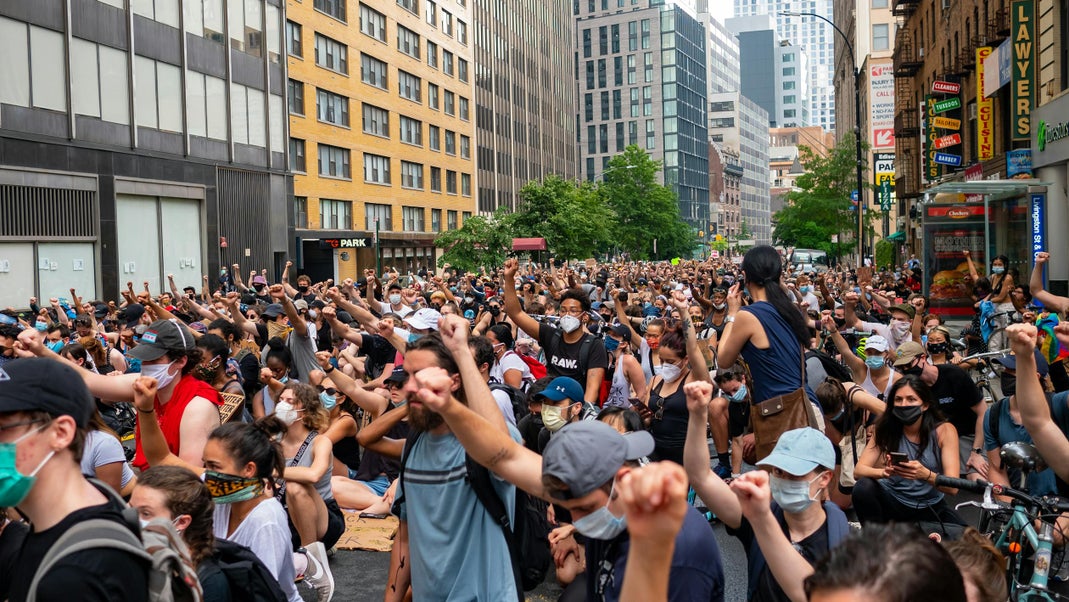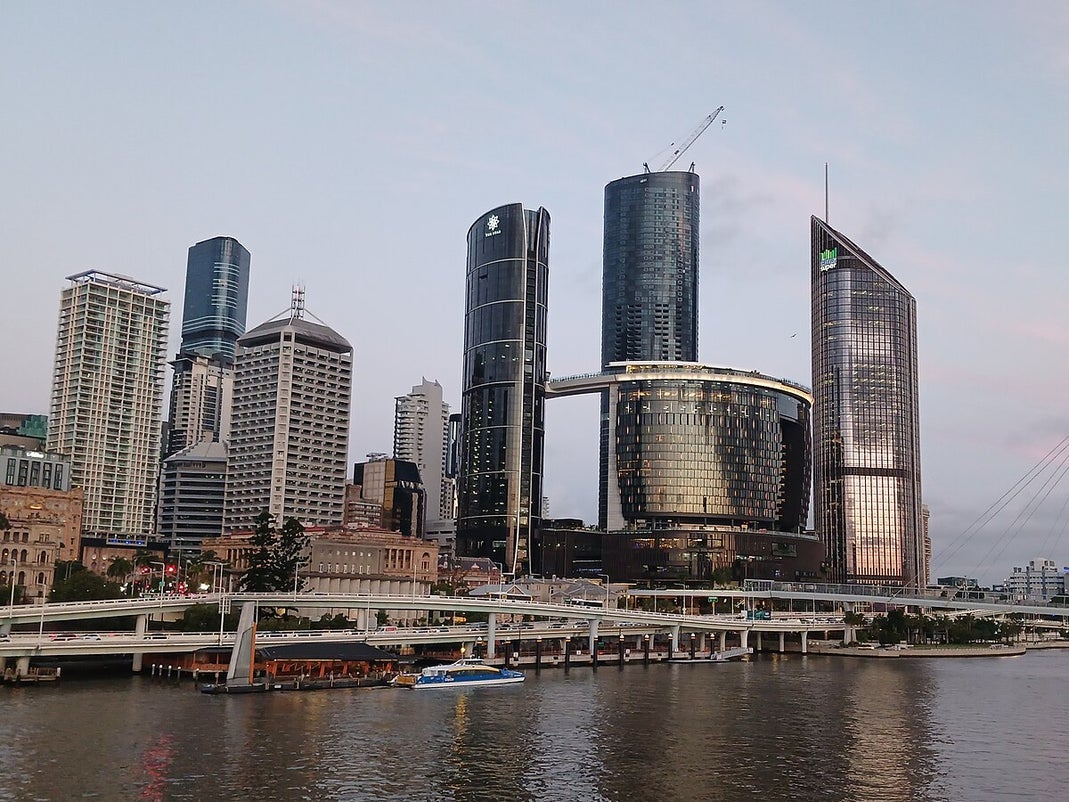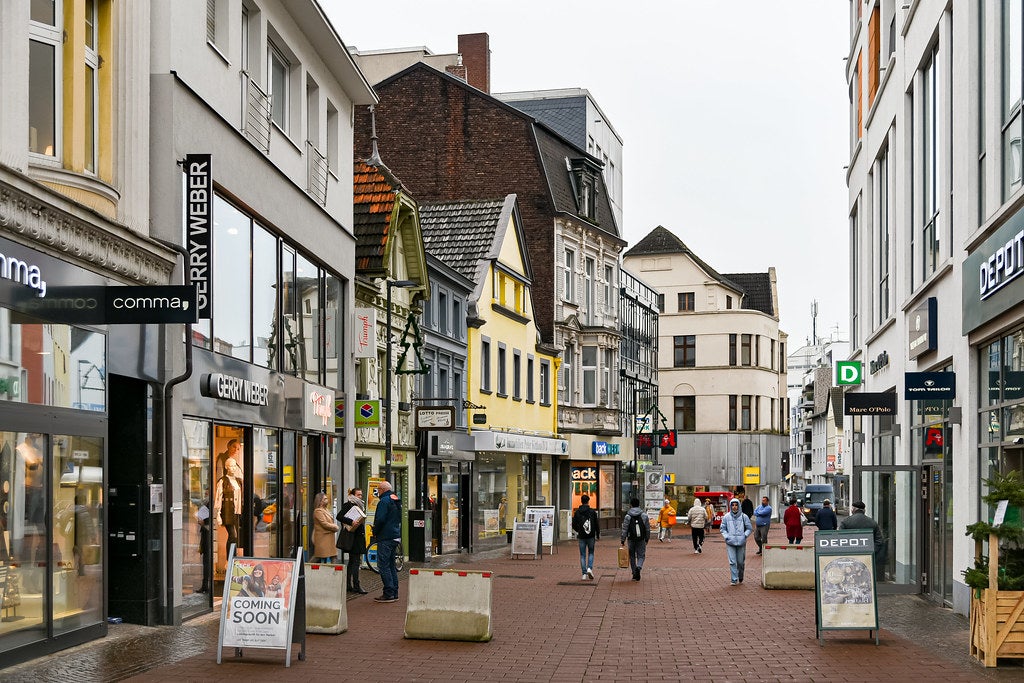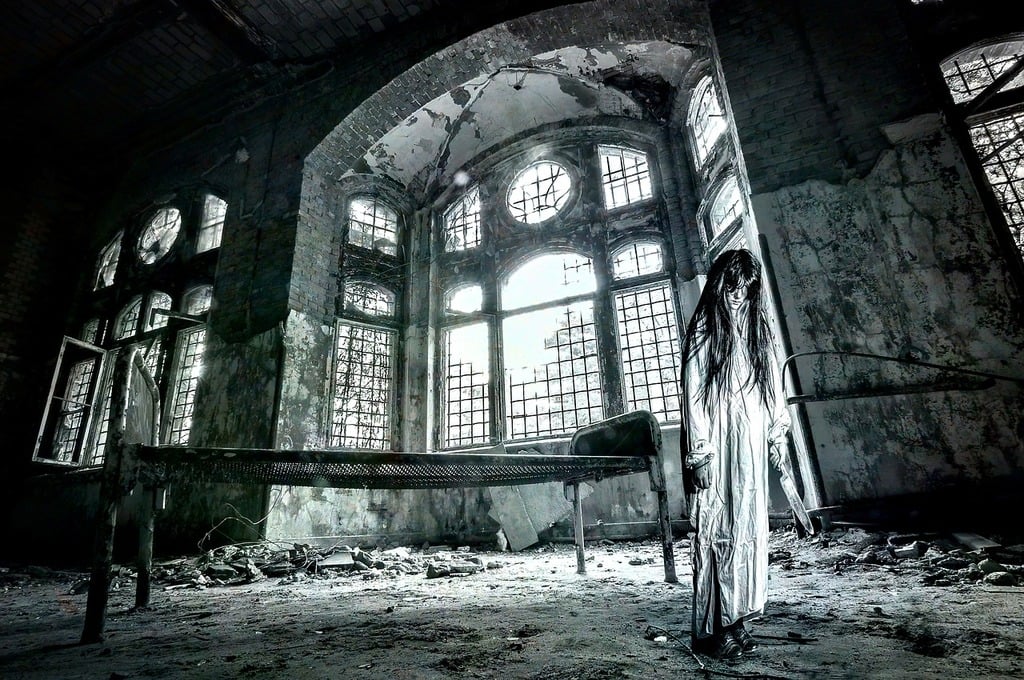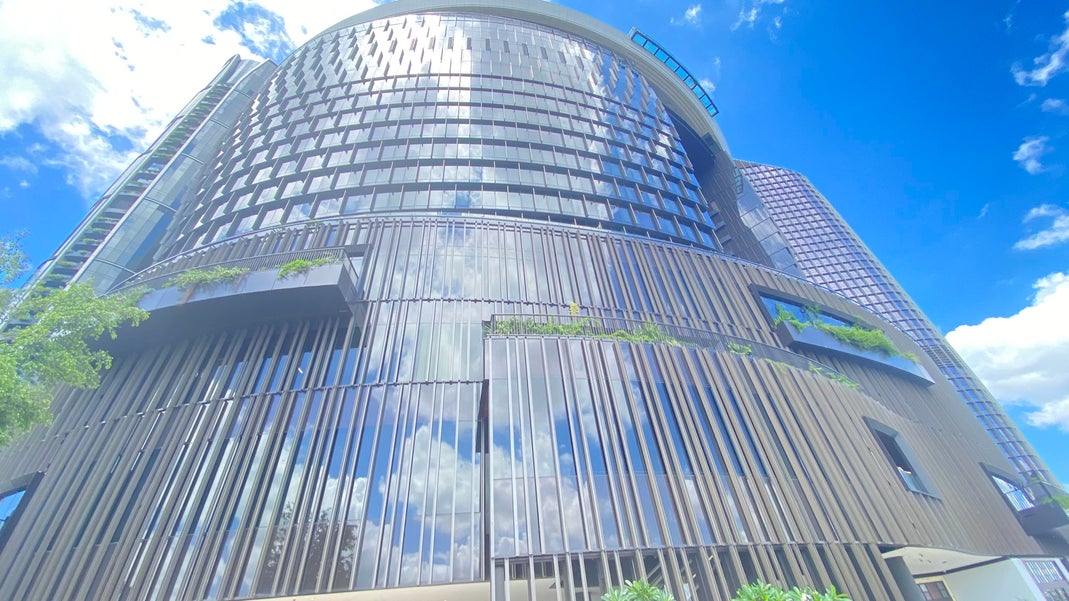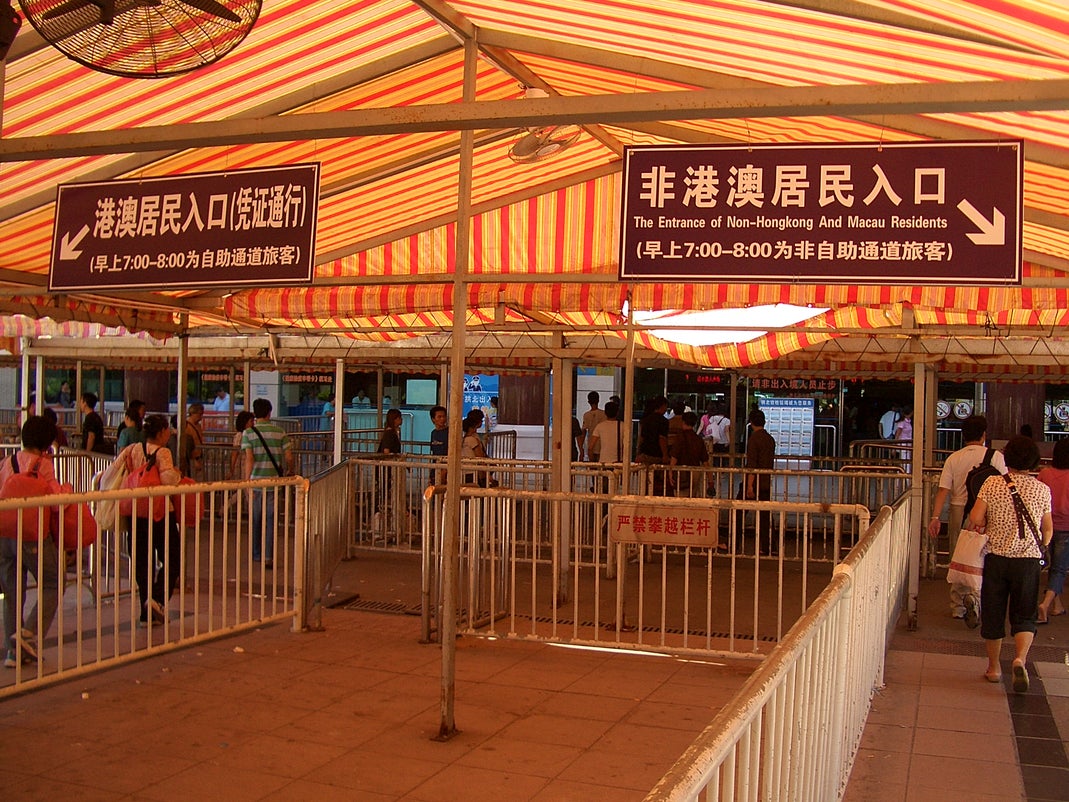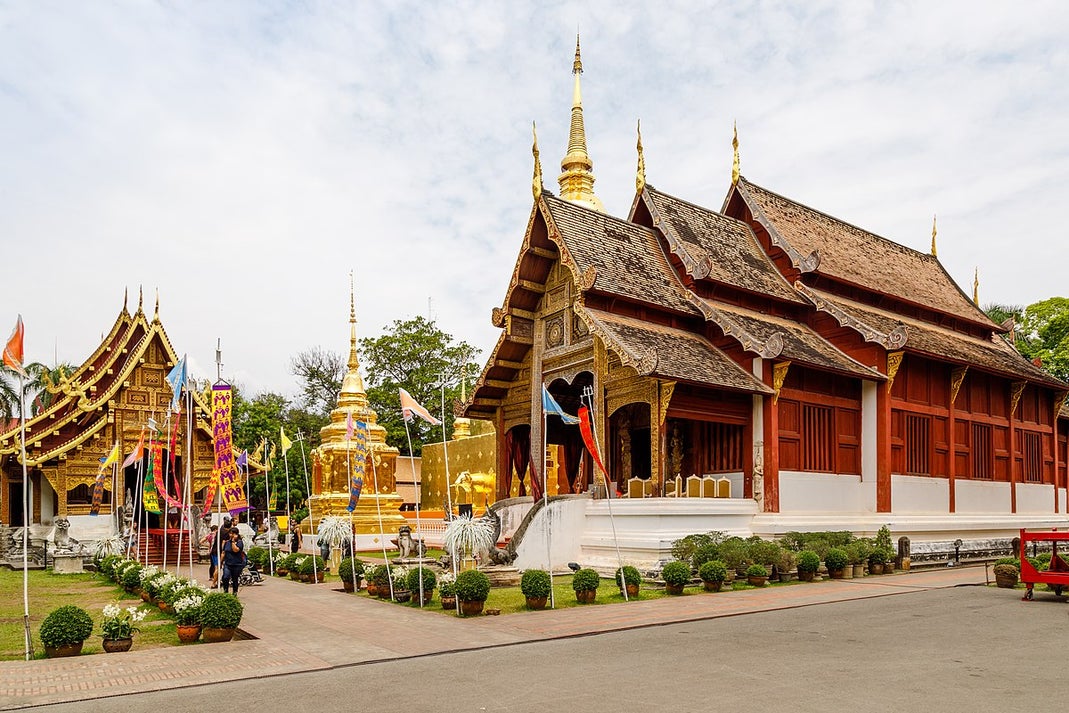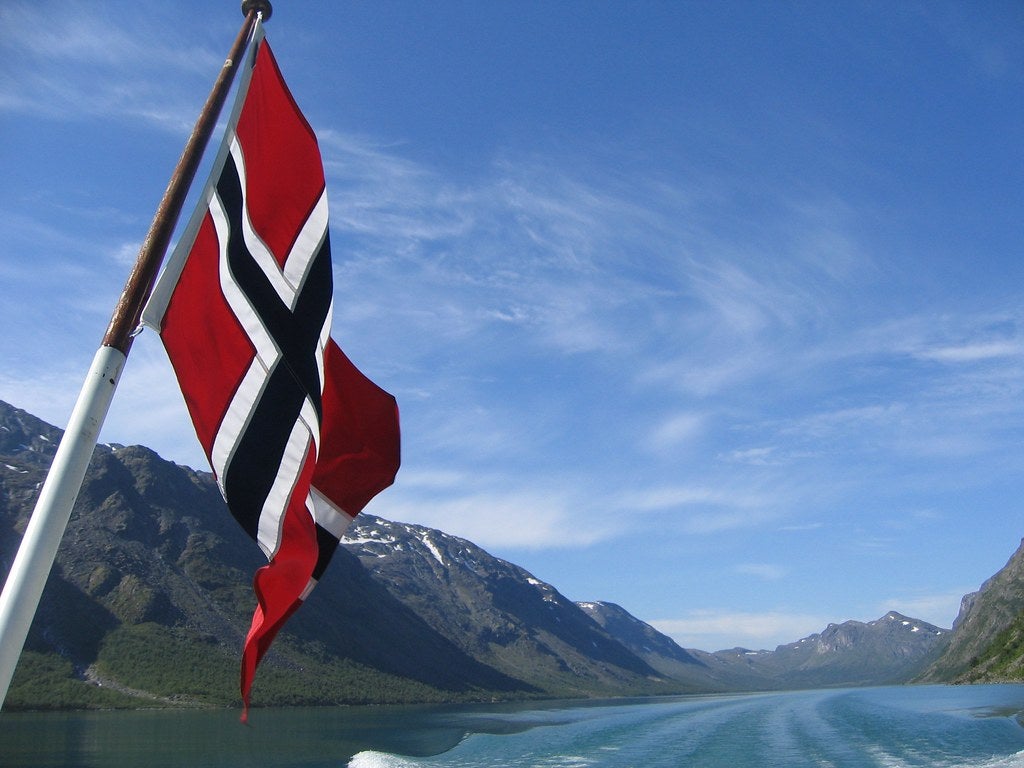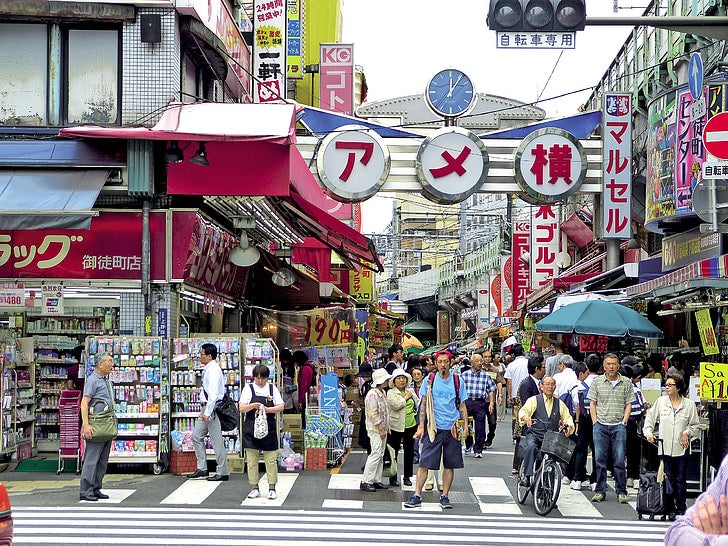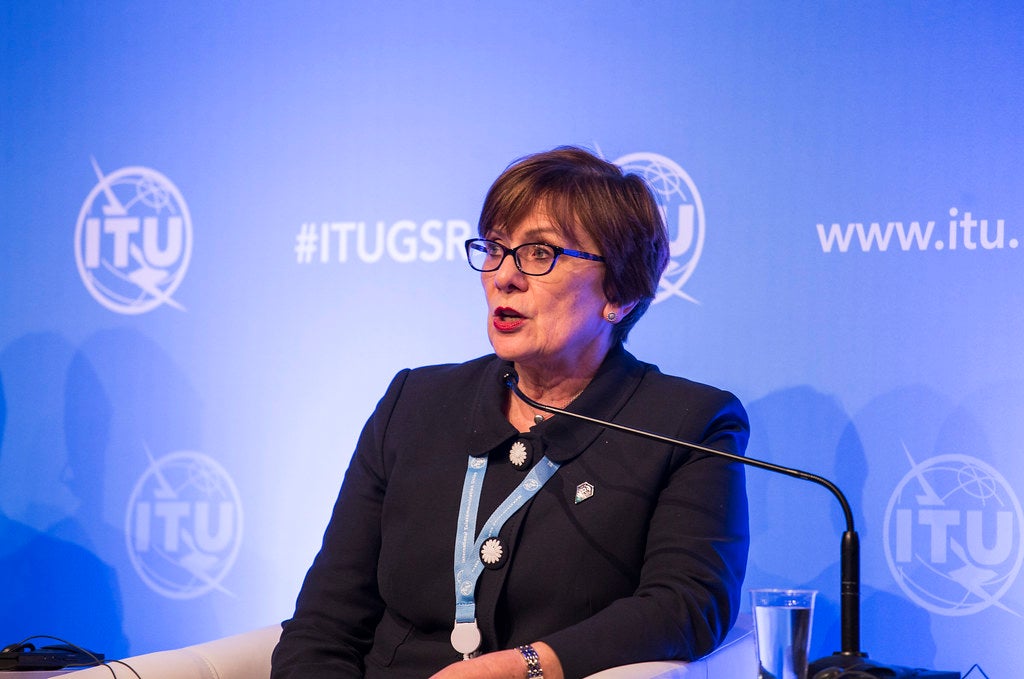Casino Bill’s Economic Promise
Senator Iraja has underscored the casino bill’s potential fiscal and tourism benefits, estimating annual tax revenues of BRL22 billion (US$3.8 billion) and a projected doubling of international tourists to 12 million within five years.
The Senator argues that Brazil’s current ban leaves it lagging behind its neighbors like Argentina and Chile, which capitalize on gambling tourism. Iraja emphasized the legislation’s broader economic ripple effect, spanning hospitality, construction, and services while urging timely action to avoid further competitive erosion.
Evangelical Opposition
The casino bill still faces mounting resistance from evangelical factions and political allies. Evangelical Parliamentary Front leader Gilberto Nascimento vowed to mobilize against the proposal, calling gambling a “bad influence” and warning of worsening addiction risks amid online betting scandals. World Party Senator Jacques Wagner echoed similar concerns, stating, “It is the worst time to debate this due to the repercussions of the bets. There is no climate to vote this semester.”
Despite opposition, Iraja remains open to amendments, affirming dialogue with critics: “I am open to dialogue, including with the evangelical bloc, which has taken a very firm position, opposing the approval of this matter. I believe in common sense.”
Proposed Regulatory Framework
Senator Iraja’s casino legalization bill prioritizes stringent regulatory oversight to distinguish legal gambling from illicit operations. The framework aims to dismantle criminal enterprises controlling Brazil’s underground market.
“Responsible gambling must exist outside the shadows, monitored by agencies like the IRS and Federal Police,” he told Poder360, advocating for licensed operators to replace rogue networks. The proposal aligns Brazil with global standards, noting its outlier status as one of two South American G20 countries (besides Bolivia) without regulated land-based casinos.
Amendments submitted in December 2024 expanded eligibility to include existing hotel complexes, fixing earlier exclusions. “Larger hotels already operational in Brazil should not be barred from bids,” Iraja clarified, signaling flexibility to secure broader support. He remains confident in the bill’s viability, stressing Brazil’s lagging tourism rank and the urgency to leverage casinos for job creation and tax revenue.


